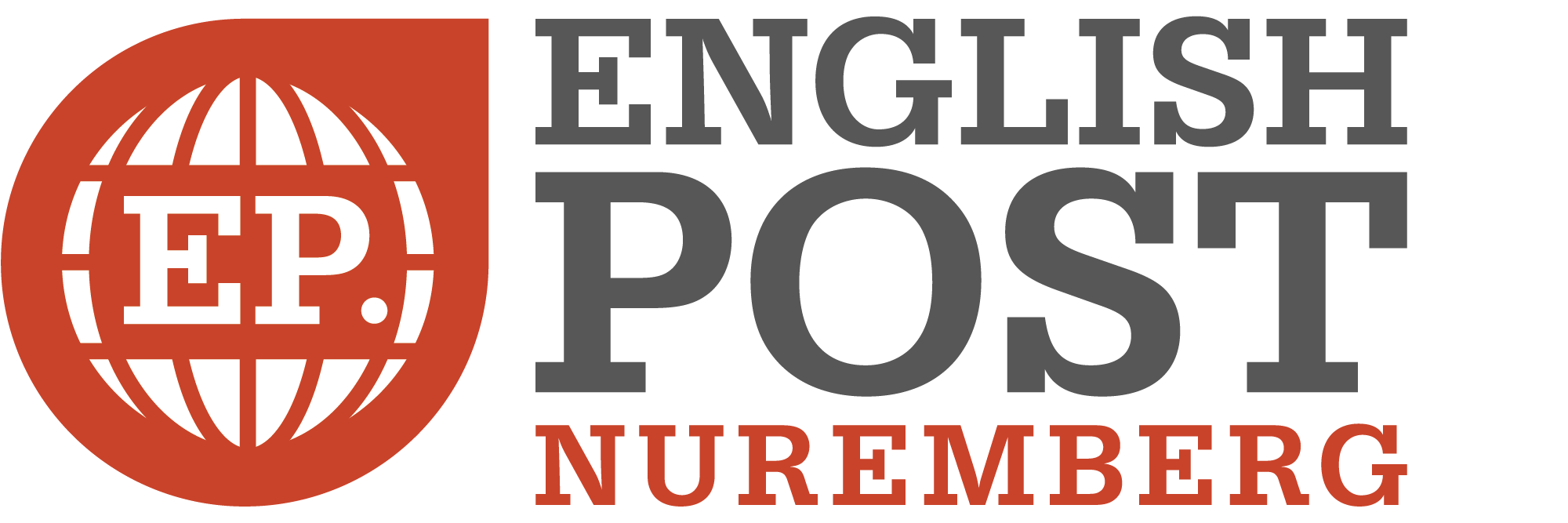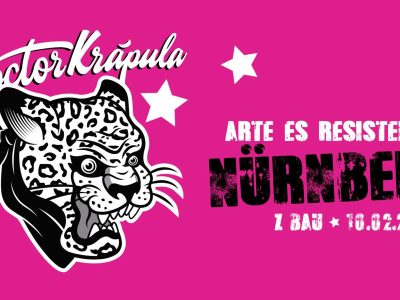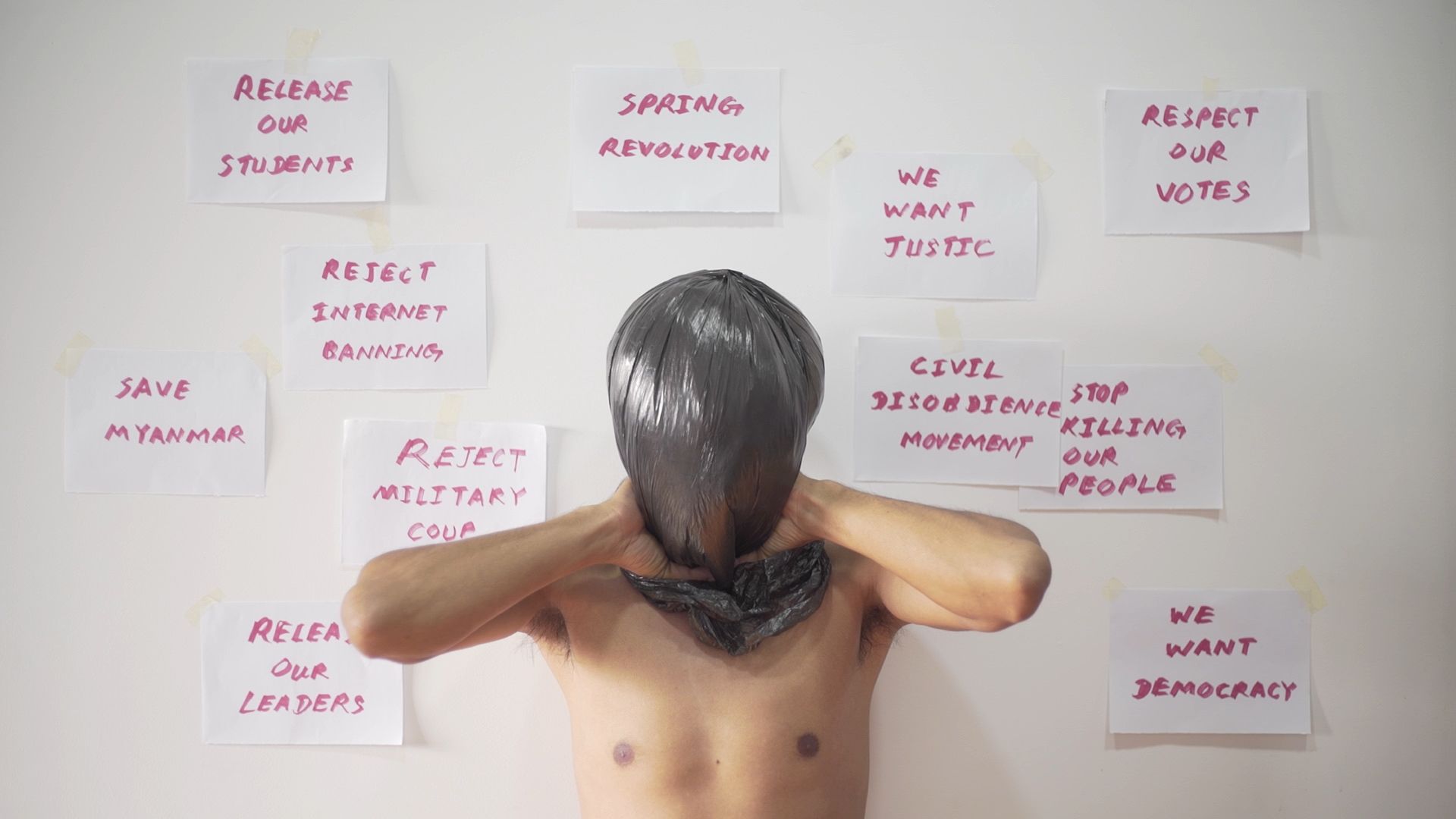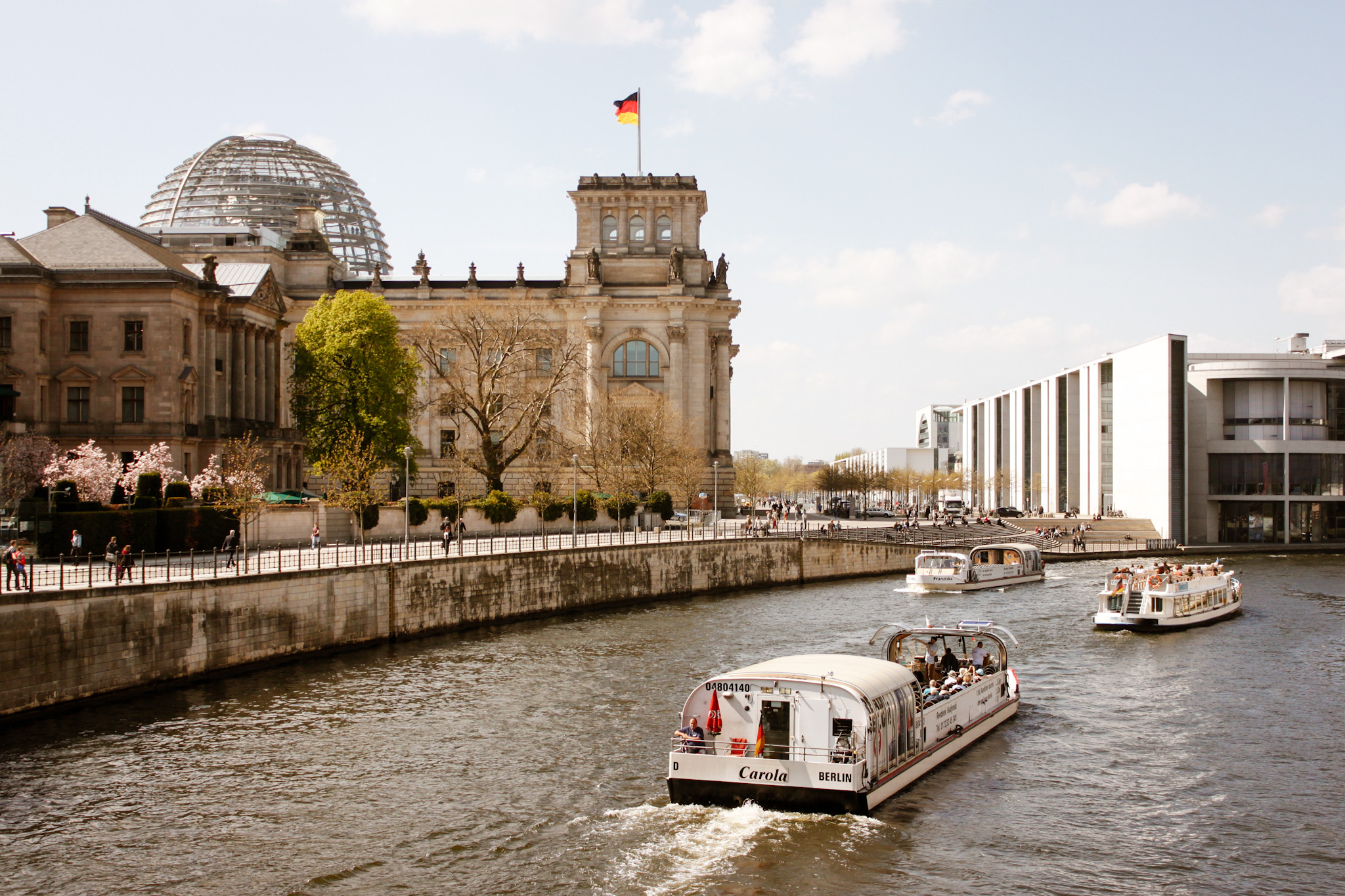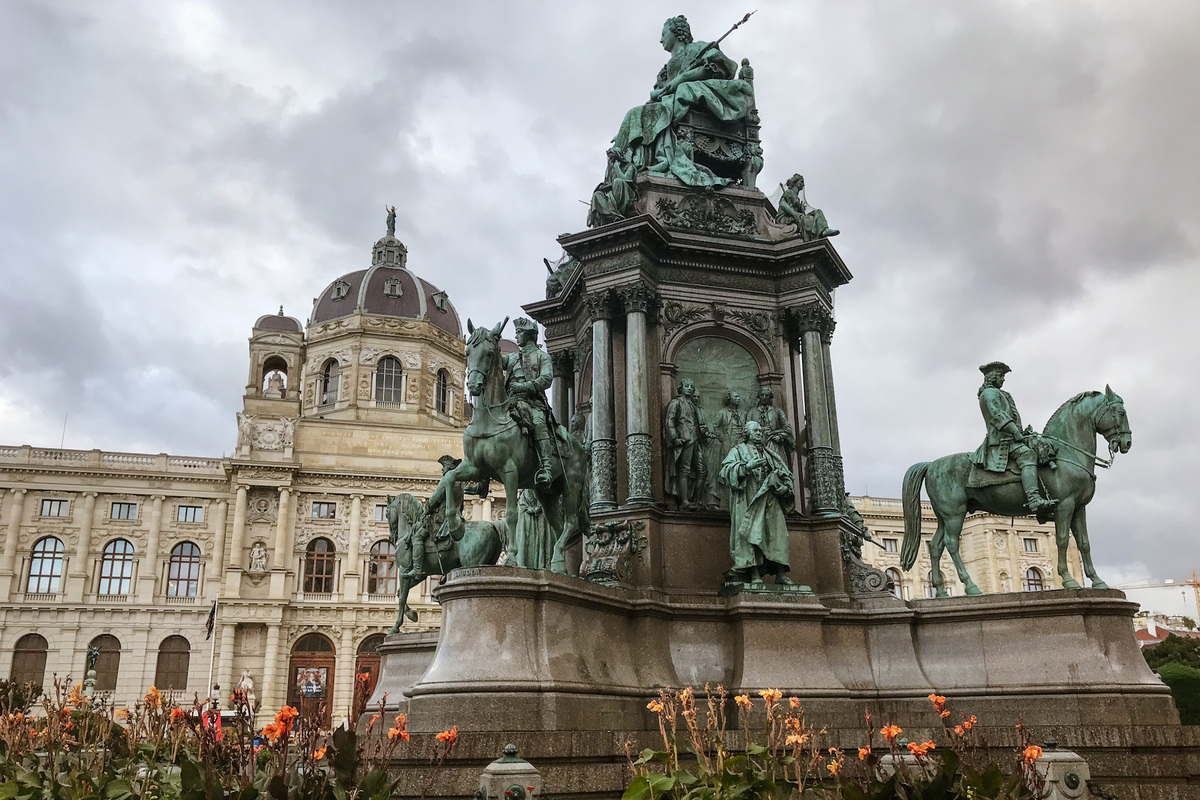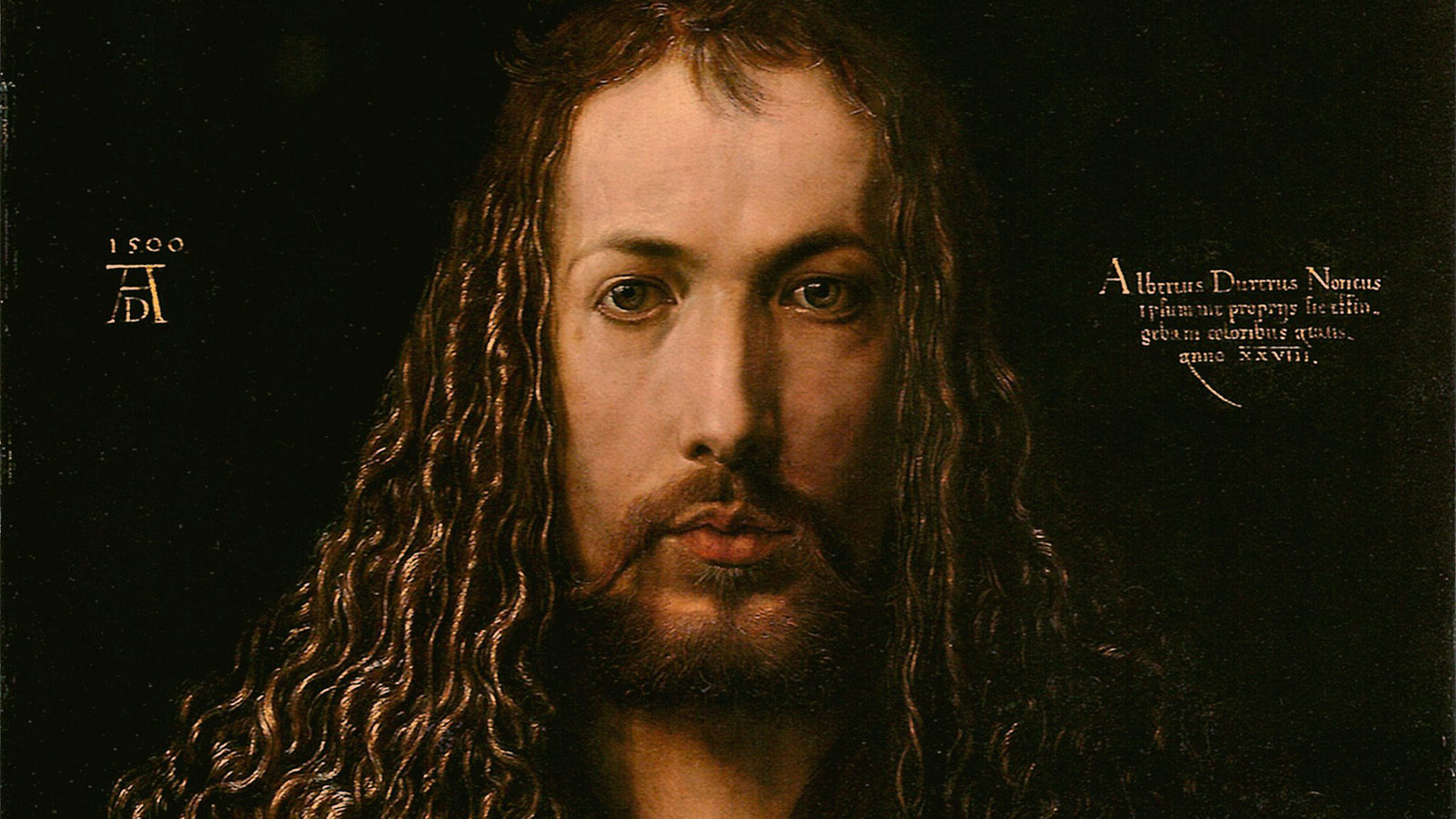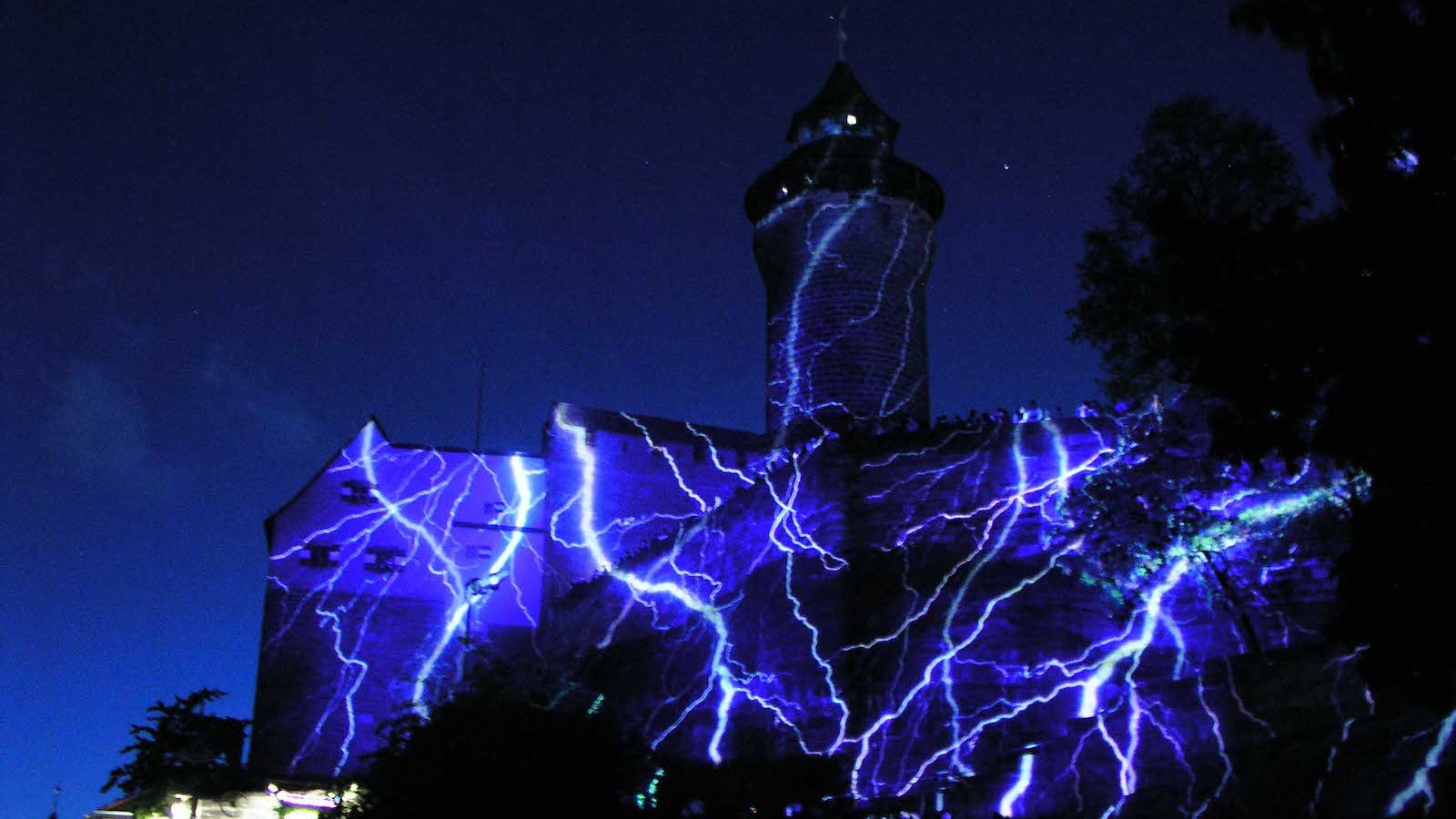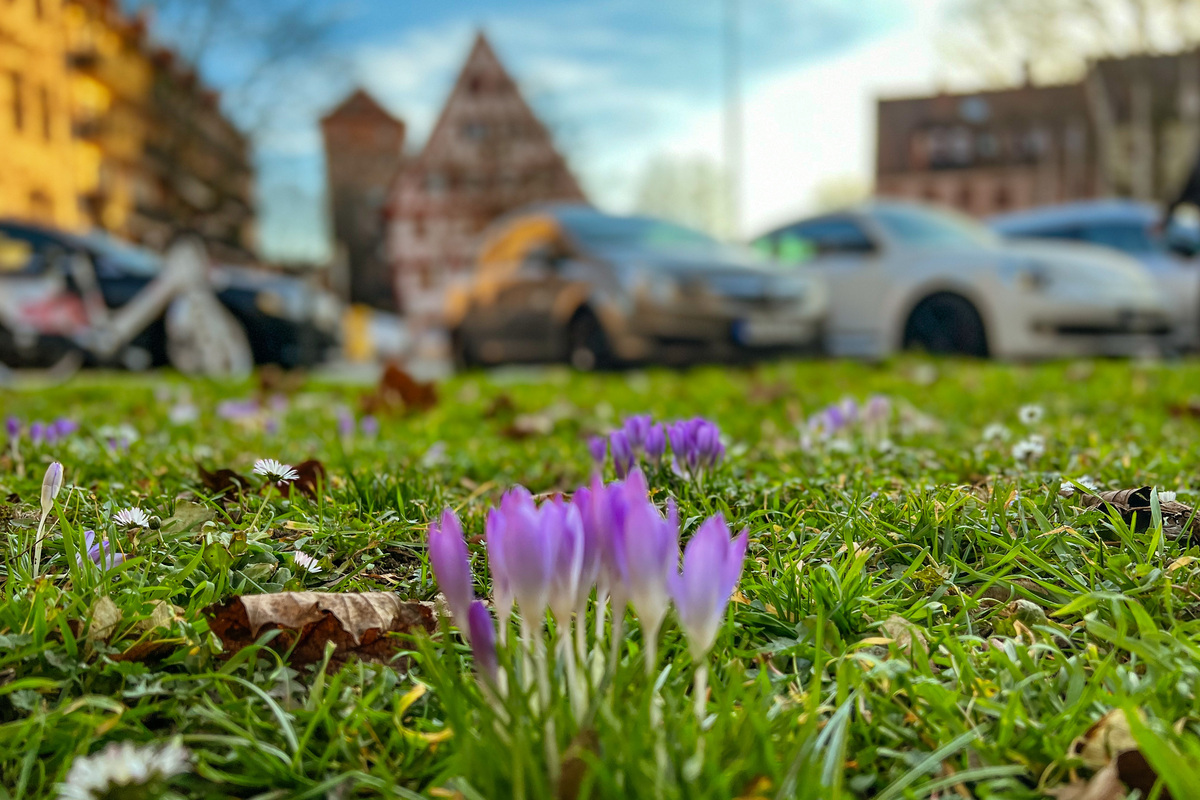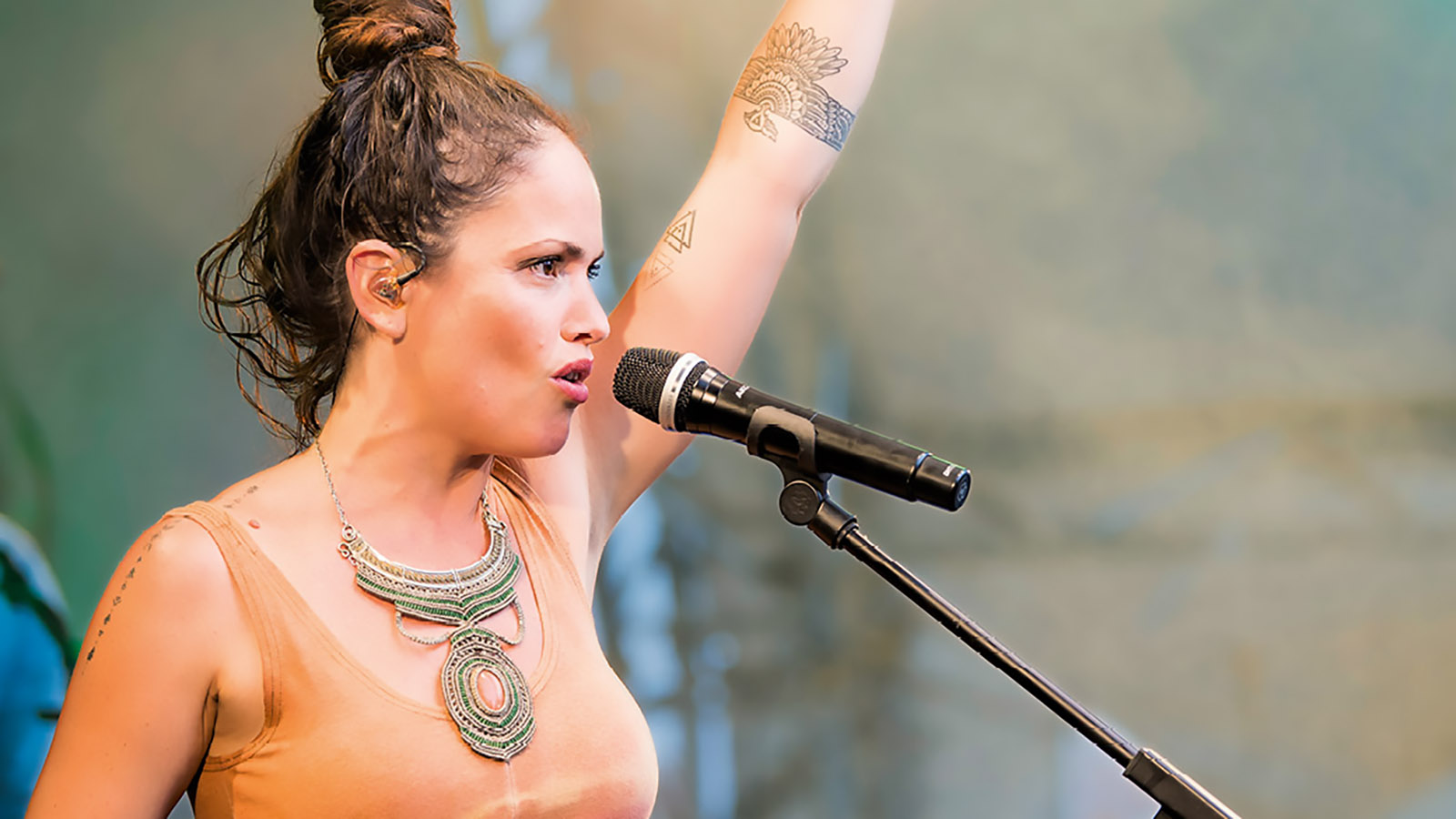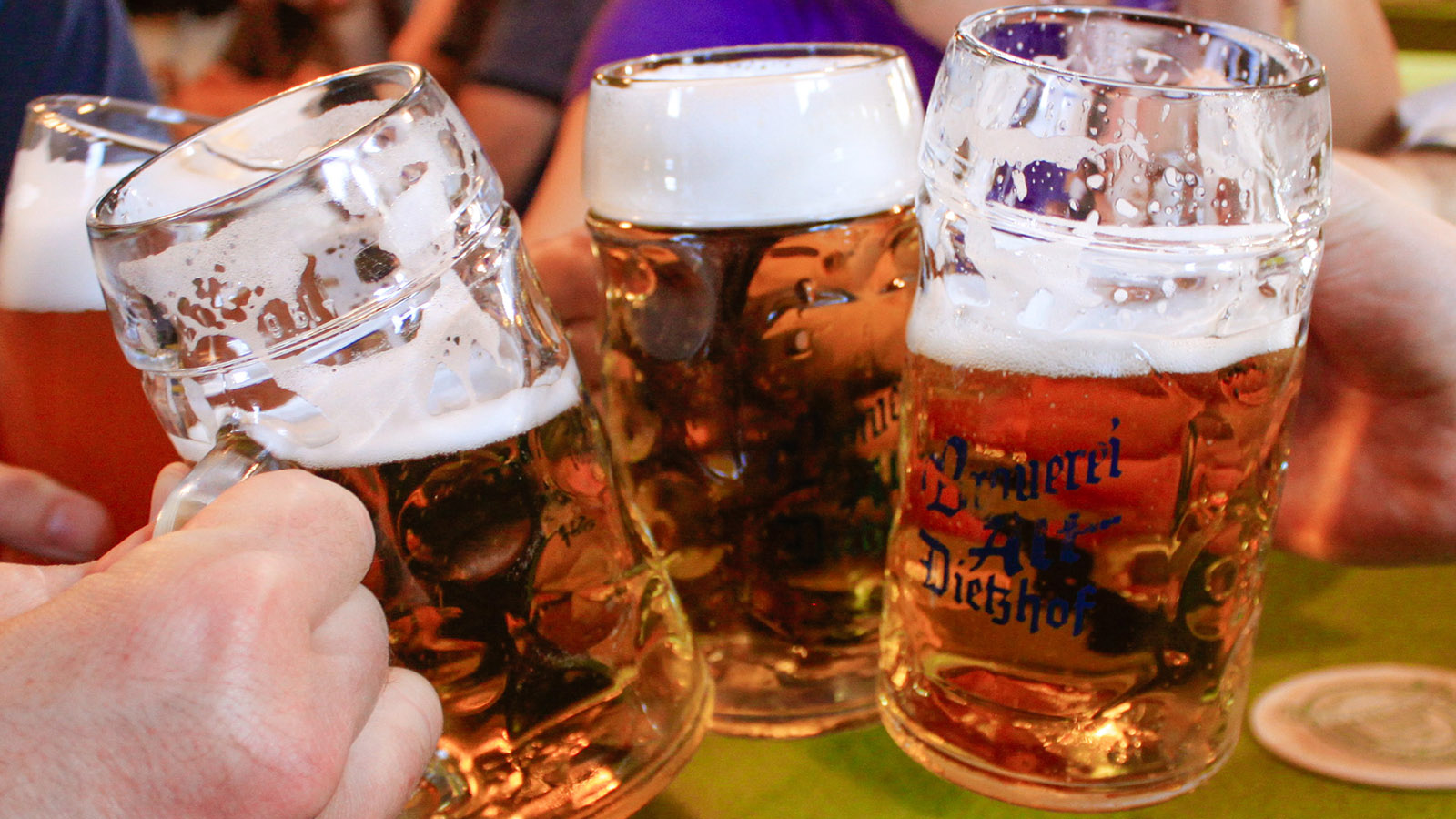Nuremberg is not the European Capital of Culture 2025; the title was awarded to the east German city of Chemnitz. Nuremberg competed with the cities Hannover, Magdeburg, Hildesheim, Chemnitz, Dresden, Gera and Zittau.
At ENGLISH POST we are sad that Nuremberg has not been awarded the title for European Captial of Culture 2025. Still, we wish Chemnitz all the very best!
Austrian, Sylvia Amann chairperson of the European jury, announced the decision at a press conference on Wednesday, 28 October 2020.
According to the Nuremberg City Council, the decision was received with great regret by the application team, creative artists, citizens, and the city authorities. At the same time, there is a sense of optimism, and Nuremberg intends to continue concentrating on the central projects.
The Mayor’s Department of Culture of the City of Nuremberg, Prof. Dr Julia Lehner, commented: “Nuremberg already feels like a winner by participating in the competition. During the application process, thousands of Nuremberg residents participated with great passion and dedication. We would like to express our sincere thanks and appreciation to all those in the city and metropolitan region who supported and participated in the Nuremberg application. The City of Nuremberg intends to pursue core projects, such as developing the Congress Hall on the former Nazi Party Rally Grounds into a place of art and culture, establishing the House of Play and interpreting the socio-cultural centres in a future-oriented way. Sustainable structures are to be created on the basis of the application, which will shape the city in the coming years. Nuremberg has unlocked the future”.
The application process has developed great dynamism in Nuremberg and the metropolitan region. Innovative projects have been initiated and new interdisciplinary networks have formed.
Numerous projects were launched with the tailwind of the application and are to be pursued further. These include in particular sustainable structural projects.
– Kongresshalle: In the torso of the Congress Hall on the former Nazi Party Rally Grounds, a section is to be made available for art and culture. This use will enable the future-oriented further development of Nuremberg’s remembrance-cultural work. A comprehensive needs analysis has already been conducted with the participation of artists and cultural workers. In 2021 the detailed concept development will begin in a participatory process.
– Haus des Spielens: The Pellerhaus will be an international centre of play culture, which will continue the development of play, especially in the digital dimension. The aim is not a classic museum, but a GamesLab, a place for dice and joysticks, for conferences, hackathons, joint play and exciting experiments. The necessary extension of the building will be started in 2021.
– Further development of the culture shops: Nuremberg’s culture shops are known far beyond the city’s borders and are now to be rethought for the public of the future and developed conceptually with the local residents. The “KommVorZone” pilot project has recently been launched in Nuremberg’s Südstadt.
– The Garage Project – The Nuremberg2025 Initiative for the Cultural and Creative Industries: In a multi-stage process, the Alte Feuerwache 1 will become a place for digital transformation in companies in the cultural and creative industries and for the development of new business models, with a focus on media, design and digital.
Other infrastructural measures are also on the agenda: the expansion of the Documentation Centre Nazi Party Rally Grounds, the new conception and extension of the Memorial to the Nuremberg Trials, the development of the Zeppelin Grandstand and Zeppelin Field into a place of learning and encounter in the field of remembrance culture and the repositioning of the Museum of Industrial Culture.
The application process has given the European Metropolitan Region a great deal of impetus and set in motion an unprecedented process of cooperation. More than 250 cultural actors have developed pioneering projects in recent years, many of which are to be implemented, such as “Toys of Tomorrow” with local companies and international designers or “Forward Participation”, which will promote the inclusion of cultural institutions in the region.
The outcome of the application procedure was decided by a jury of twelve members, whose members were appointed by the European Parliament, the Council of the European Union, the European Commission, the Committee of the European Regions and the Conference of Ministers of Education and Cultural Affairs of the Länder and the Federal Government Commissioner for Culture and the Media with the Federal Foreign Office.
By 30 September 2019, all candidate cities had to submit a first, 60-page application book to the Cultural Foundation of the Länder in Berlin, which coordinated the competition nationwide on behalf of the European Union. In December 2019, delegations from the candidate cities presented themselves to the jury in Berlin, which then decided to leave five cities in the competition: Hanover, Magdeburg, Hildesheim, Chemnitz and Nuremberg.
The remaining candidate cities had to submit a second, 100-page application book by 21 September 2020. Due to pandemic-related restrictions, both the subsequent “city visits”, the on-site visits by the jury, and the final presentation of the applications took place digitally in October 2020.
In addition to Germany, Slovenia will host a European Capital of Culture in 2025, which will be selected in December 2020. jos
Further information on the application procedure, the programme and the individual projects can be found at www.n2025.eu. Information on the Cultural Strategy can be found at www.nuernbergkultur.de
